Laikipia
A quarter of a century ago I met two young South African men who had ridden their ponies 1,700 miles from the Kalahari desert to Kenya. They were on their way to Sudan. They carried all their needs on their tough Botswana cattle station ponies, with one spare horse following behind. Their saddlebags were filled mainly with horse feed. Their only clothes were shorts, flip-flops, bush shirts, one blanket and one coat each. This was from the time before mobile phones. In the year it had taken them to reach Kenya they had spent perhaps £150. Along the road they gladly accepted the kindness of strangers for a beer, a bath or a meal, but they were just as cheerful sleeping out in the bush by a campfire with their ponies tethered nearby.
I rode with them from the outskirts of Nairobi into the Rift Valley. I was sad to leave them in Naivasha and return to my humdrum world because to me they seemed the very happiest of men. I asked them what on their journey had been the most striking memory. They replied, ‘No fences’. They said, ‘We have ridden up through all this part of Africa [1,700 miles!] and nowhere did we have to open and close a gate, or go around a fence, or find our way blocked by a barrier.’
At home on the Laikipia plateau, in colonial times there were barbed-wire fences where the ranchers had tried to paddock their land. It worked if they culled all the game but over time they became sentimental about animals. Zebra and elephant pulled down the wire and the landscape was criss-crossed with long lines of old cedar posts serving no purpose.
Six years ago our neighbour took down the line of posts that marked the boundary between our properties. He gave us half of them because, he remembered, the previous owner of our land had covered half of the cost of the fence when his father made it back in the 1960s. Since East African cedar makes the best furniture, and almost all the forests in Kenya have been cut down in my lifetime, we were very happy to get the posts. They were time-gnarled, seasoned by harsh elements, burnished by the rumps of itching antelope. We had the posts cut up in a timber mill and used them to make all our beds and tables, still full of scars and a distinctive aroma.
We looked out across the now fenceless plains and felt happy that we were in an entirely open landscape. We shook our heads at the folly of our colonial forebears who had erected barbed wire to deny the wildlife free movement. Species such as elephant and cheetah require space to roam. It seemed to us that the only fences needed were the electric barriers around sanctuaries protecting endangered rhinos.
I finally changed my mind about fences after our farm went through cattle raids, hails of gunfire, invasions by trespassers with thousands of livestock, men throwing spears and rocks at us, armed robbery of the monthly payroll, the theft of water pumps, farm kit — anything that wasn’t nailed down — arson, vandalism, elephant poaching…. The list is almost endless.
Before the next drought sets in we’ve embarked on a project to enclose the entire farm for the first time ever, with an elaborate 15-kilometre electric fence delivering thousands of volts. The design is known as the ‘hedgehog’, because sticking out from the live strands are long spikey wires ready to zap invading cattle or other unwelcome visitors. The trespassers on the other side of the line are reacting with horror already, gnashing their teeth at the idea that they should be denied the right to steal. At night they fill up deep post holes dug by the contractors, bung them full of rocks, but they have 2,000 holes to block and cannot work fast enough. They use axes to split the posts, clubs to smash porcelain insulators, and twist the wires over each other to short-circuit the system, setting off an alarm at the farmstead so that we know when to send out repair teams.
We have had to design the entire system in the knowledge that we are up against not just zebra that jump the fence, or even elephant that simply push it over, but people pouring all their energies 24 hours a day into burglary and malicious damage. I go to sleep each night thinking of Hadrian, Offa, the Great Wall of China, the Mexican border and the Mediterranean.
Got something to add? Join the discussion and comment below.
Get 10 issues for just $10
Subscribe to The Spectator Australia today for the next 10 magazine issues, plus full online access, for just $10.


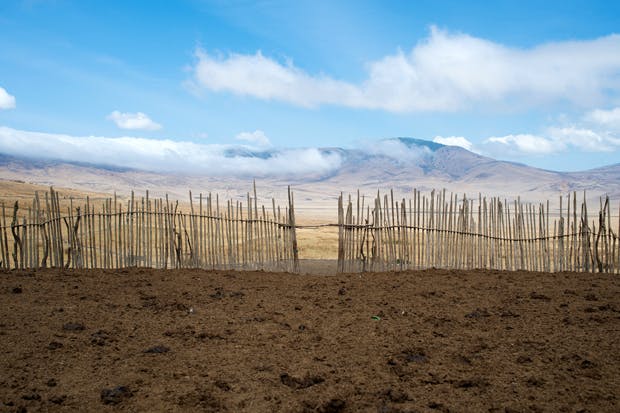
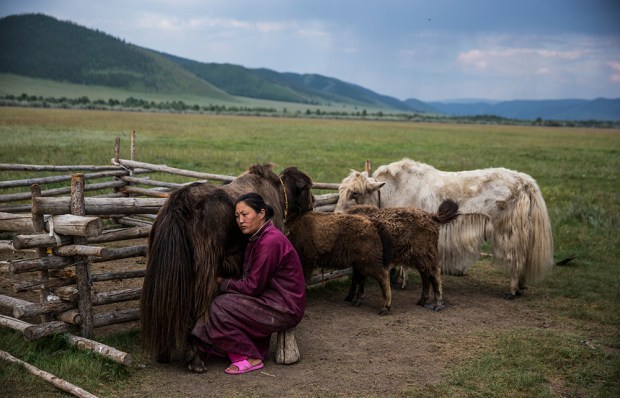
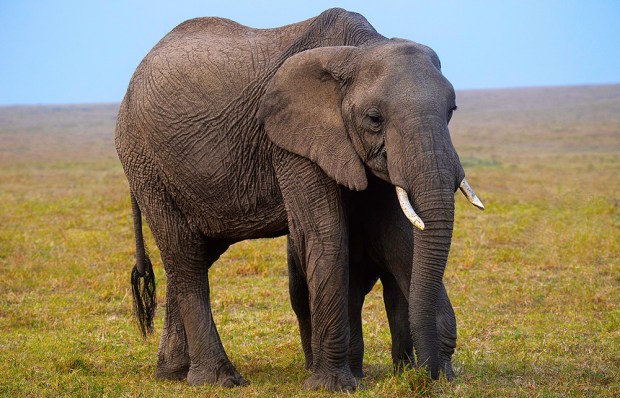
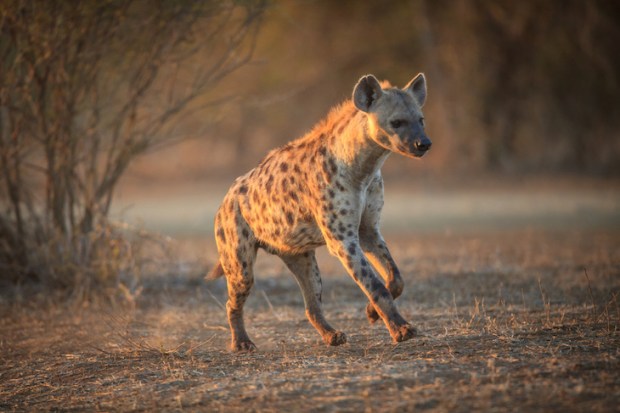
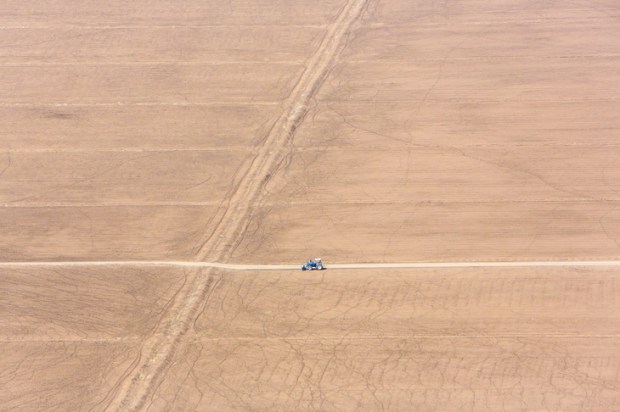
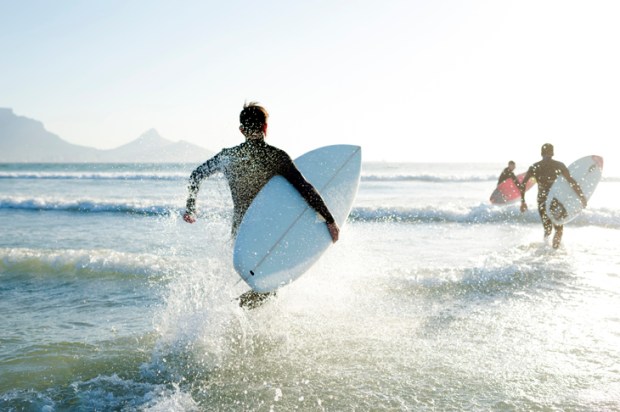
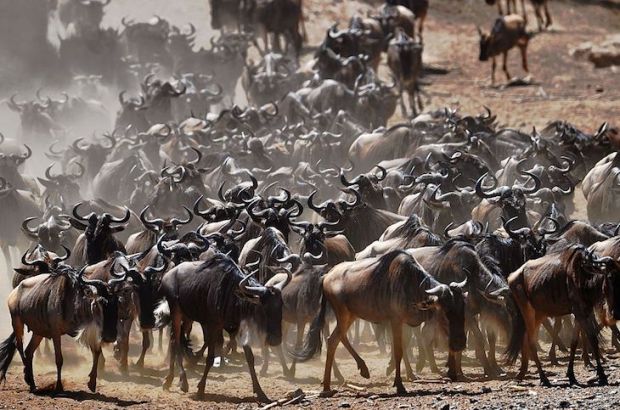






Comments
Don't miss out
Join the conversation with other Spectator Australia readers. Subscribe to leave a comment.
SUBSCRIBEAlready a subscriber? Log in